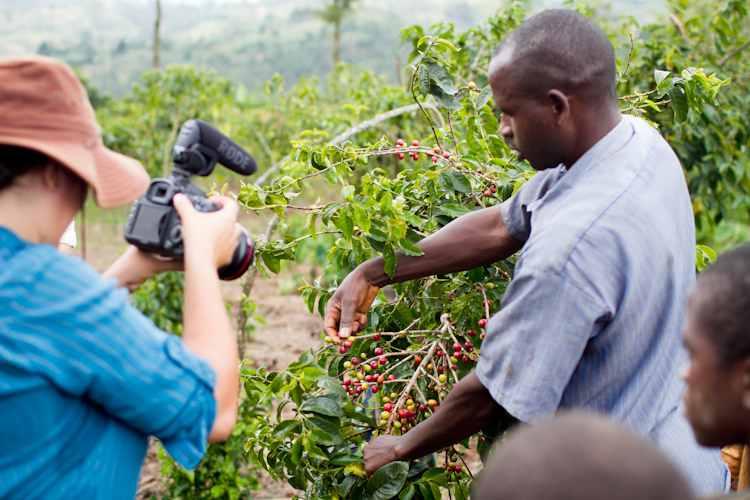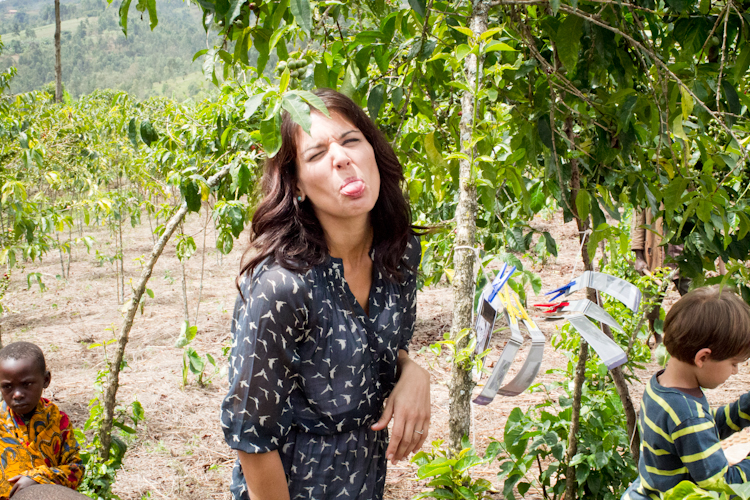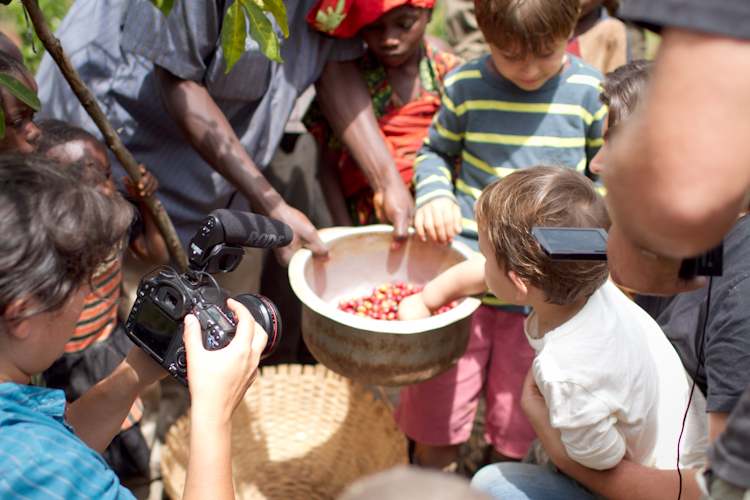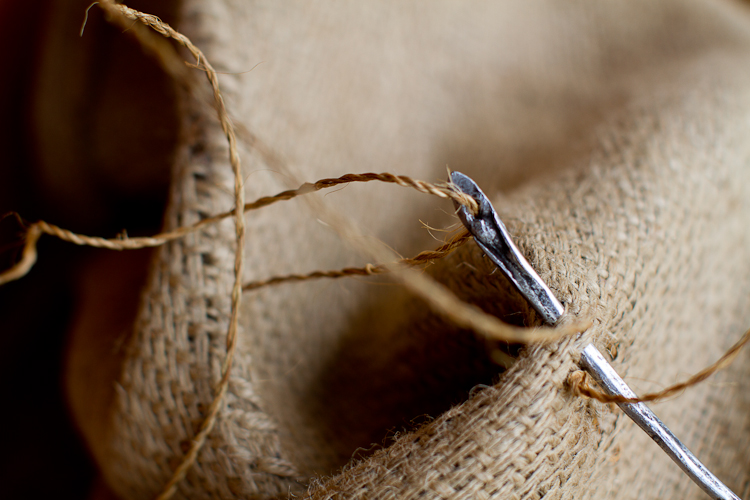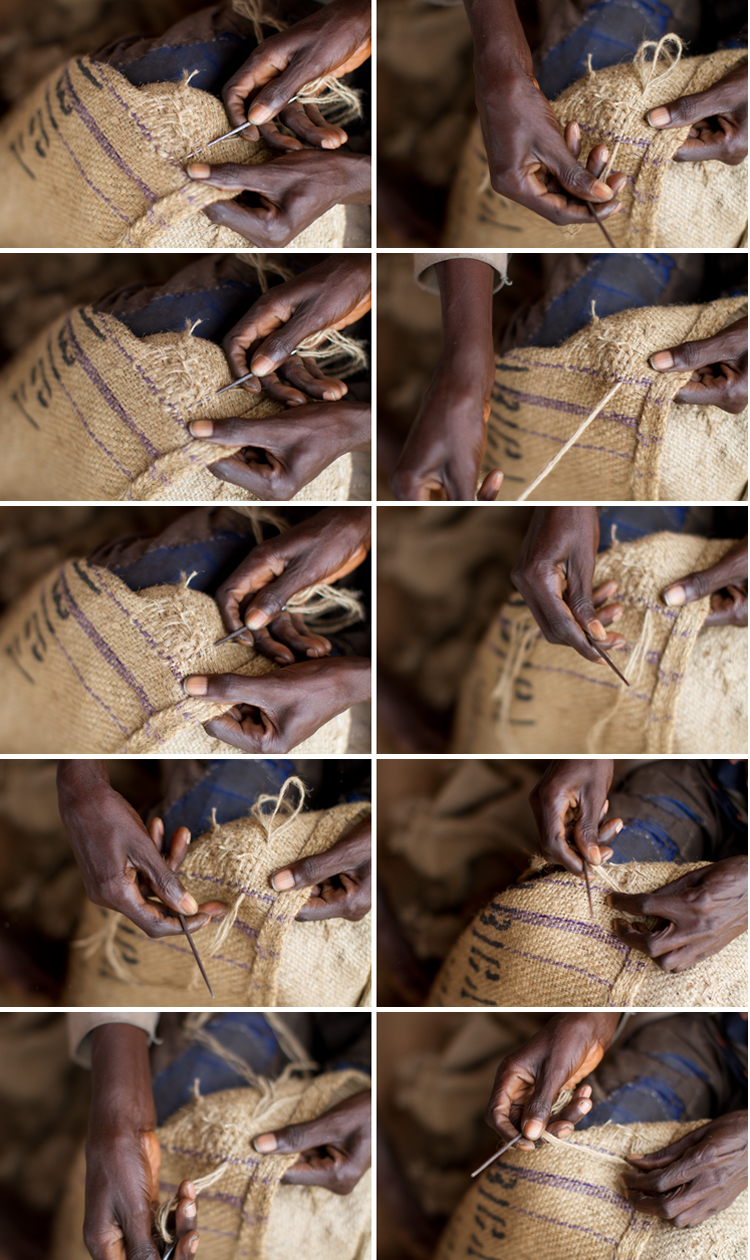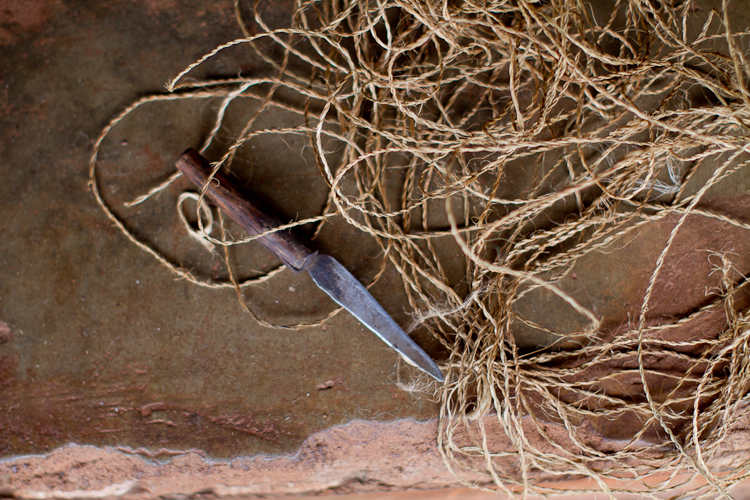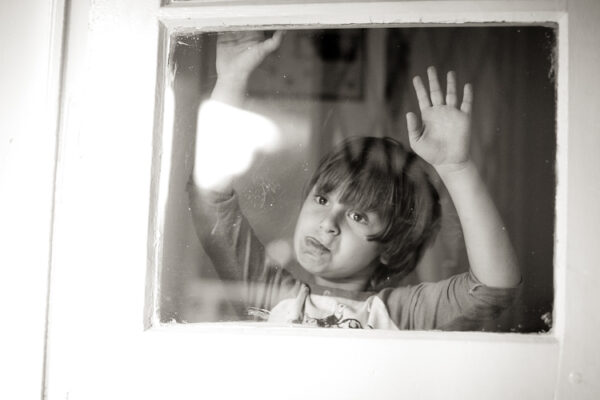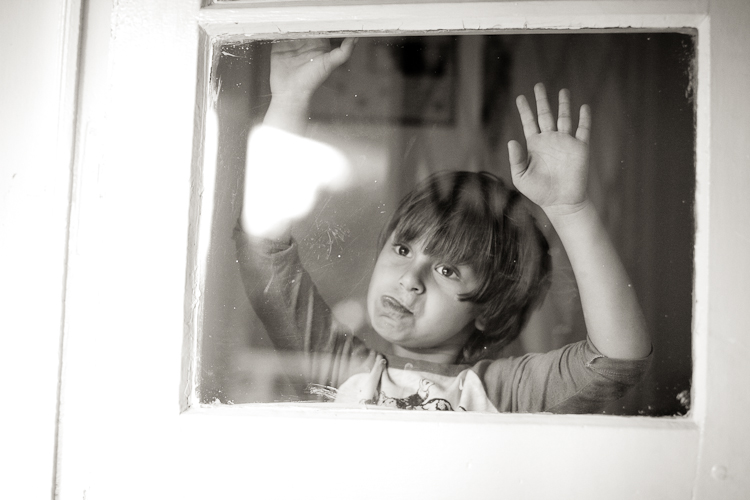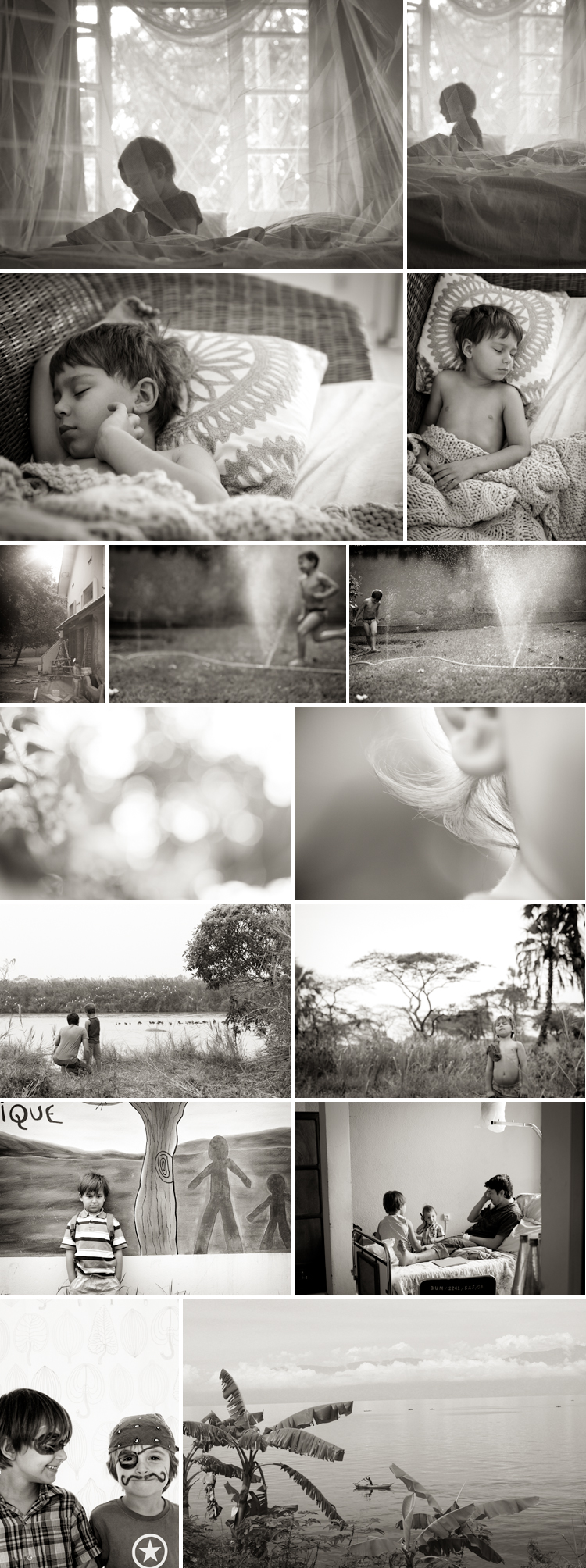From the farm, field and lab.
Over the coming weeks, we plan to share updates from the ground in Burundi; updates from the farm, field and lab.

FROM THE FARM
words from Emilliene, collected and translated by Joy Mavugo in conjunction with Robyn-Leigh van Laren from the Story Team.
“This coffee harvest is going well -much better than last season but it has also been challenging. When you look at the coffee trees, there are so many cherries. But, there are a few things that I’m worried about. Firstly, there has been too much rain. It’s been destroying roads, houses, and so many other things in our community. Some of the coffee cherries are taking more time to ripen because of the rain. Since the start of harvest in April, I have only picked and delivered cherries to the washing station two times. The general elections are also coming up. I don’t like it when the elections happen in Burundi. In 1993, many of my family members, including my husband, were killed. When I think of the elections, all I can think of is the hard times we’ve had to go through since then.”

FROM THE FIELD
written by Seth Nduwayo, Quality Control Manager.
“Today, I will talk about weather/climate. In fact, the climate in parts of Burundi where we are operating is unpredictable. We may be expecting a rainy period and this delays or vice versa. For example, at the end of August we had some rain and this caused the blossoming of coffee. Then, we thought that harvest will start as early as February instead of March. Still, we experienced some sunny days between January and February. However, February was very rainy- something we usually experience in April. As the cherries didn’t have enough sunlight, they ripened later and up until today, there are too many cherries in the plantations that are still green. This caused harvest to start later, on April 15th (a month later than expected). Most farmers affirm having a lot of cherries that will take long enough to ripen.”
FROM THE LAB
written by David Stallings, Roaster Relations.
“Along with concrete plans the world over, the current global pandemic has forced us to reimagine our lab situation for the 2020 Harvest. Long Miles was incredibly lucky to have the lionhearted Jordan Verdouw managing our Bujumbura lab for the 2019 Harvest. Jordan did an absolutely top-notch job screening coffees, providing cupping feedback to all members of our team, and also setting up systems for success in future harvests. While we had every intention to bring Jordan back into the Bujumbura lab for the 2020 season, the universe has decided to keep Jordan in his native Australia for the foreseeable future. When we realized we could not bank on travel restrictions lifting during the harvest, we shifted and decided to move the entire lab to the States. As samples come off the drying beds they will be dispatched weekly. From the East Coast of the States they will be analyzed (physically and sensorially). The biggest boon from this scenario is that samples should be getting to our roasting partners earlier than ever this year, as they will all leave from the States.”
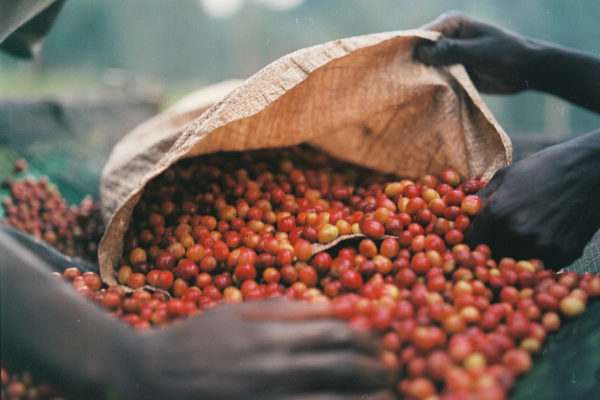
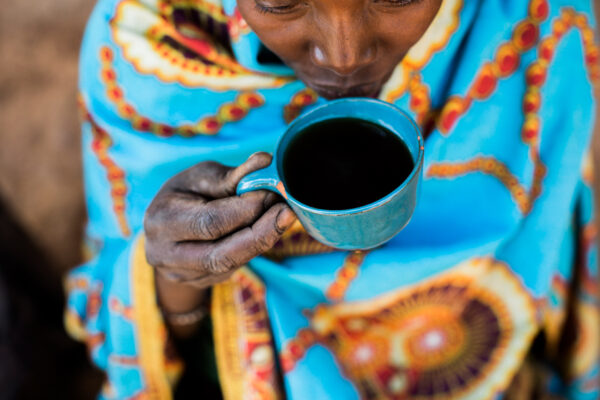
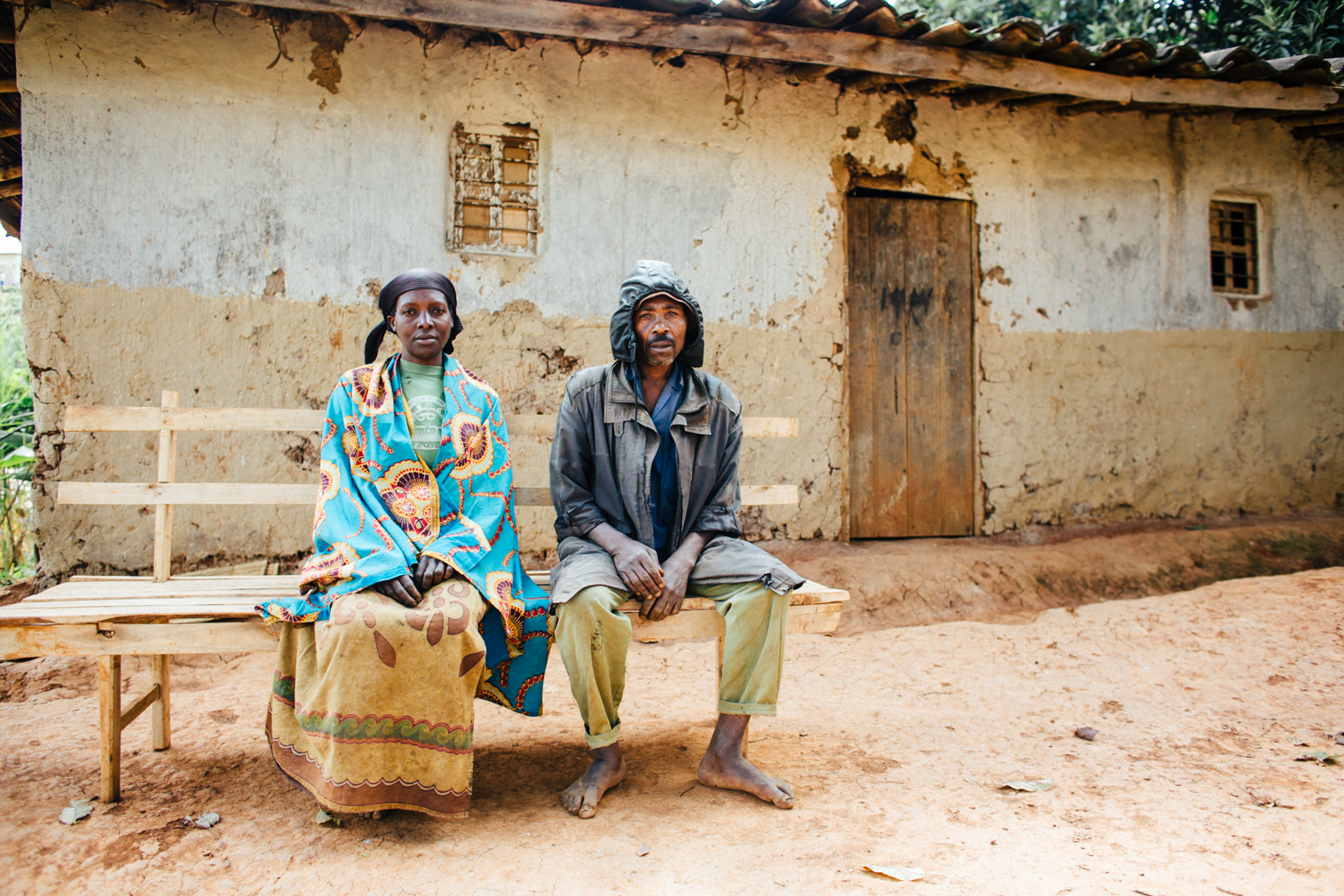
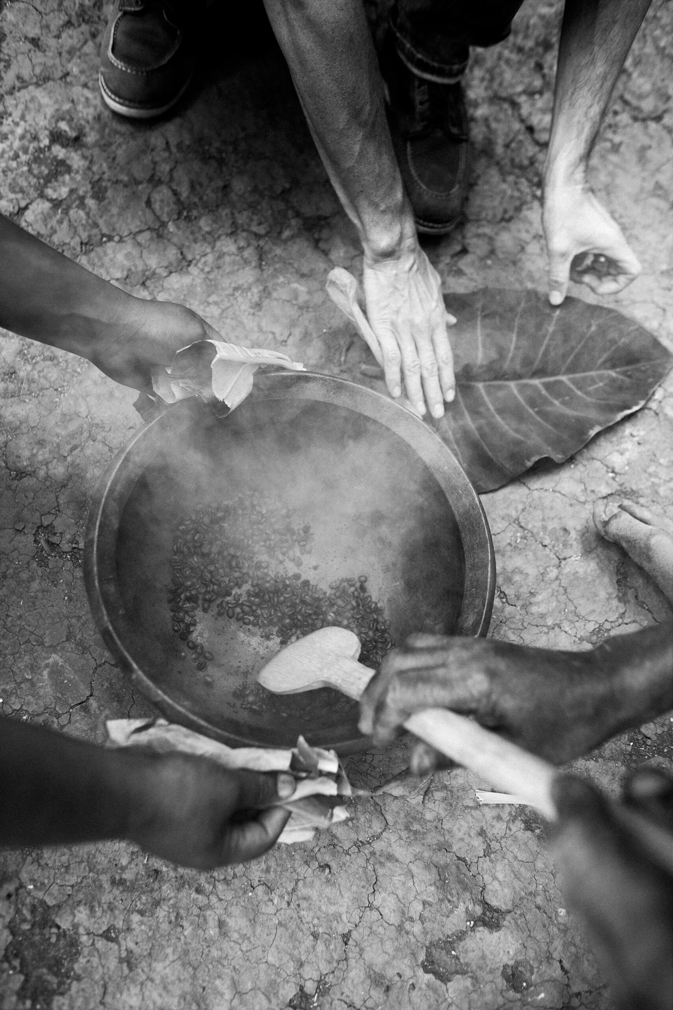
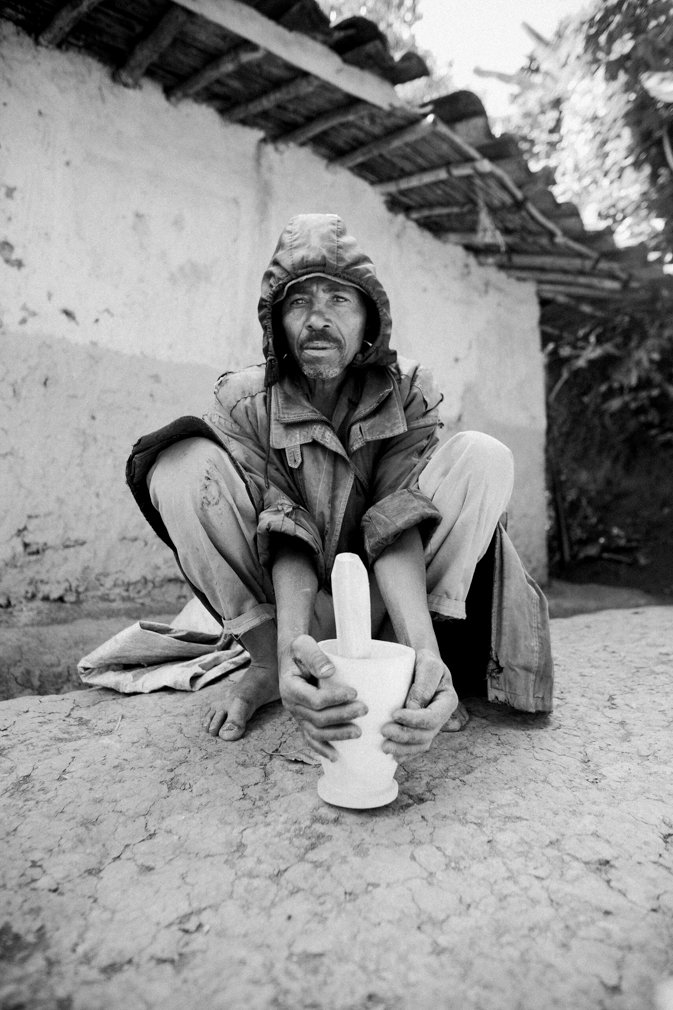




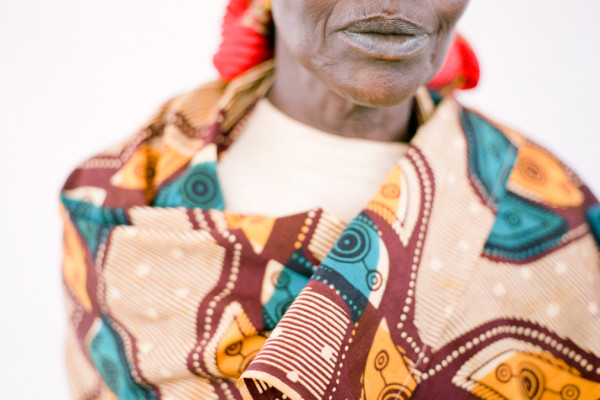
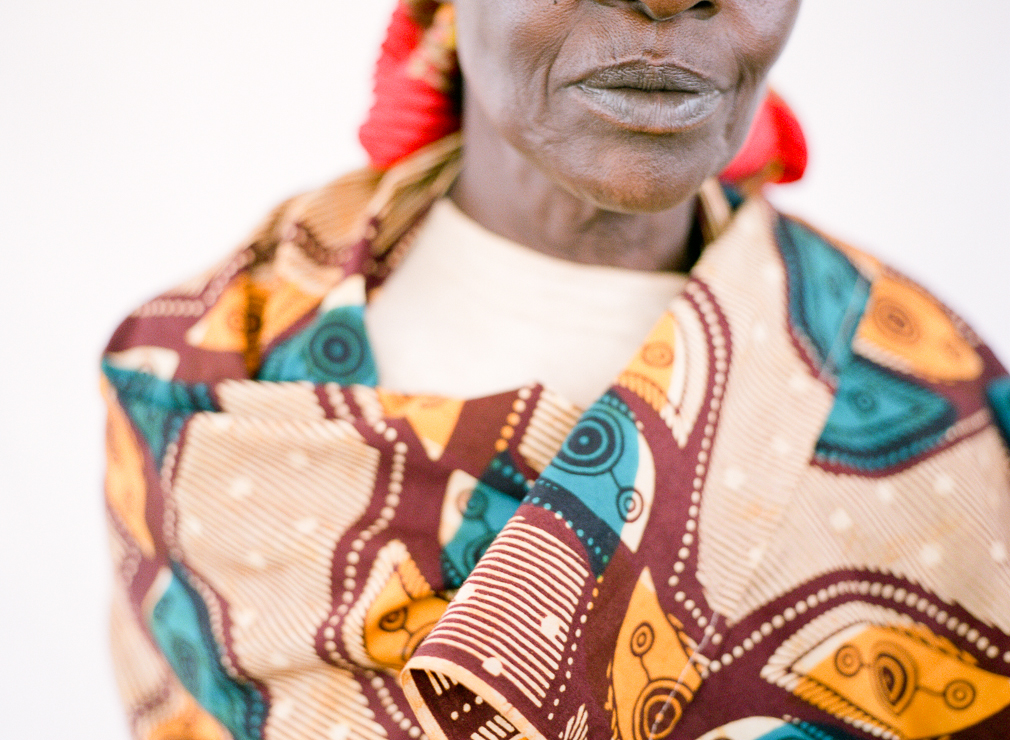
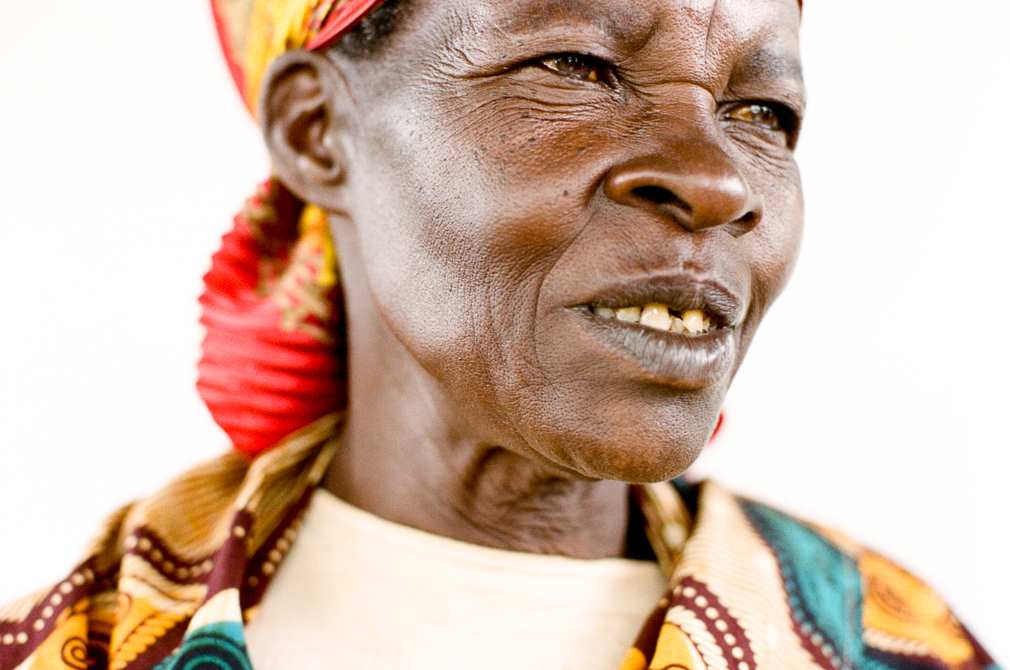
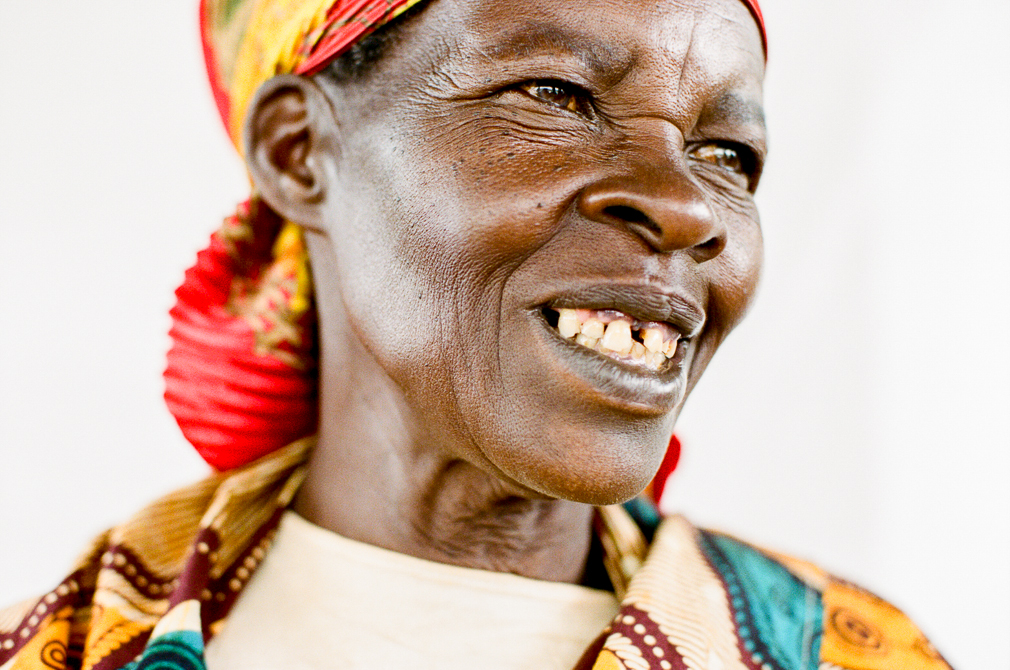
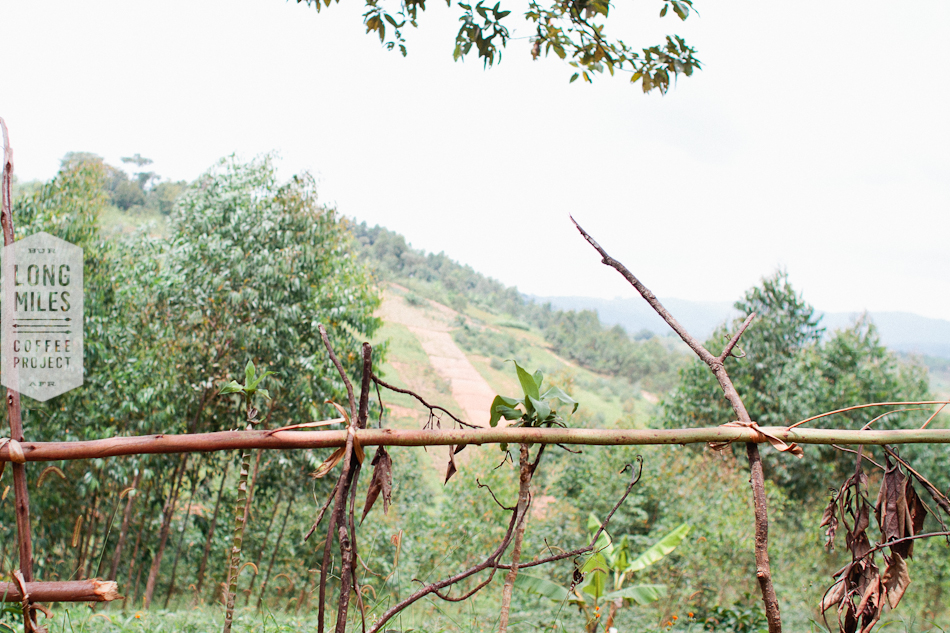 Following @kristyjcarlson on
Following @kristyjcarlson on 

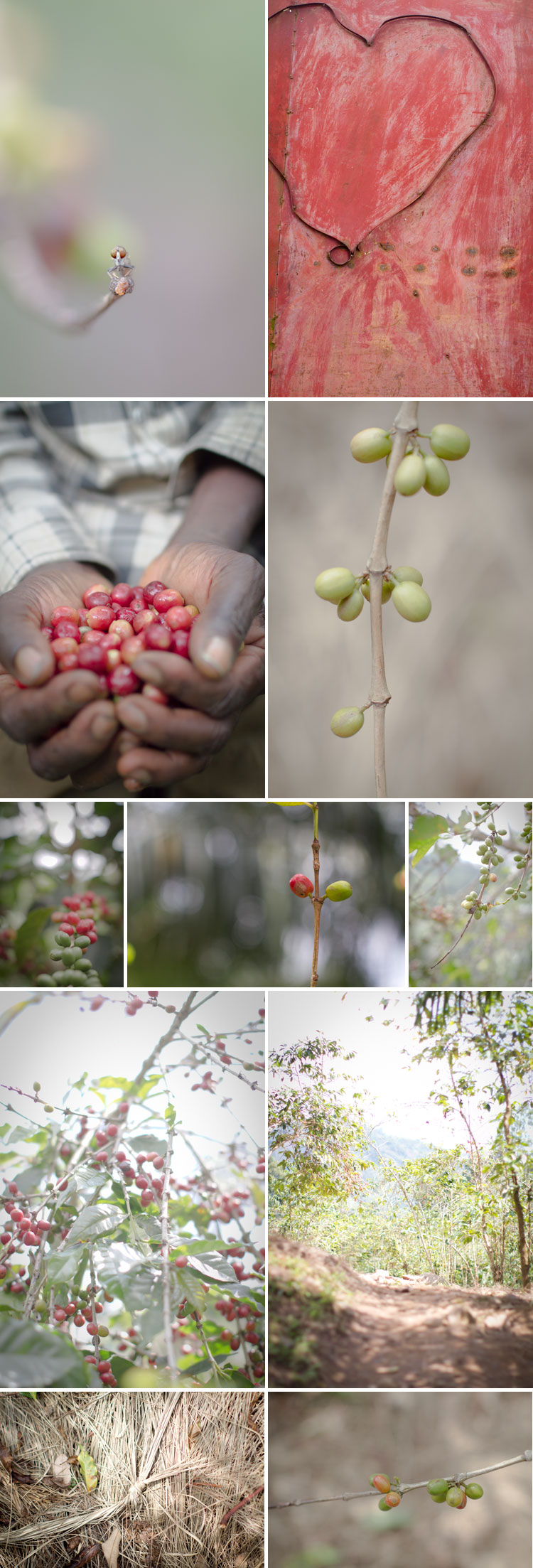


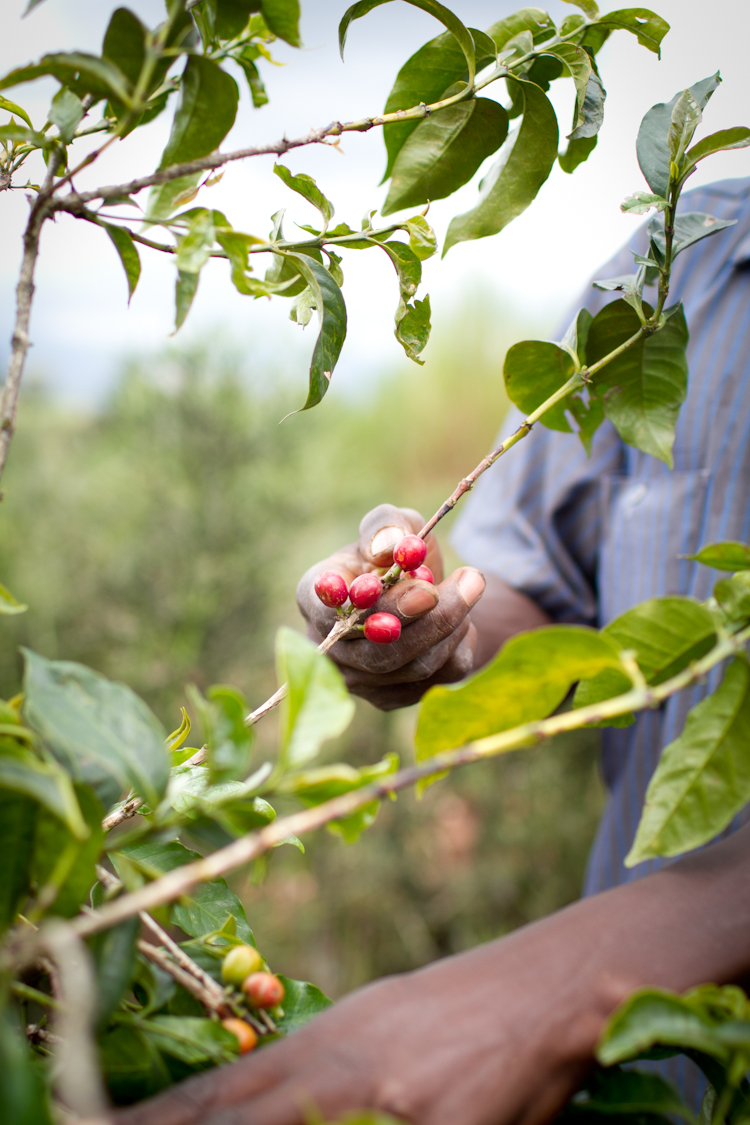


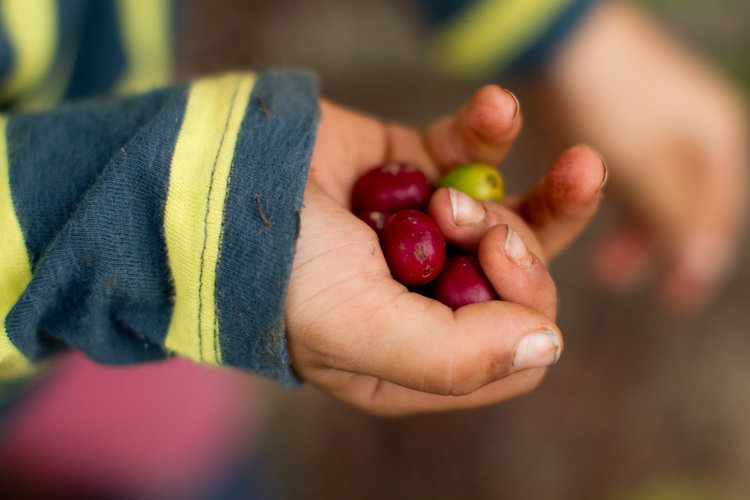
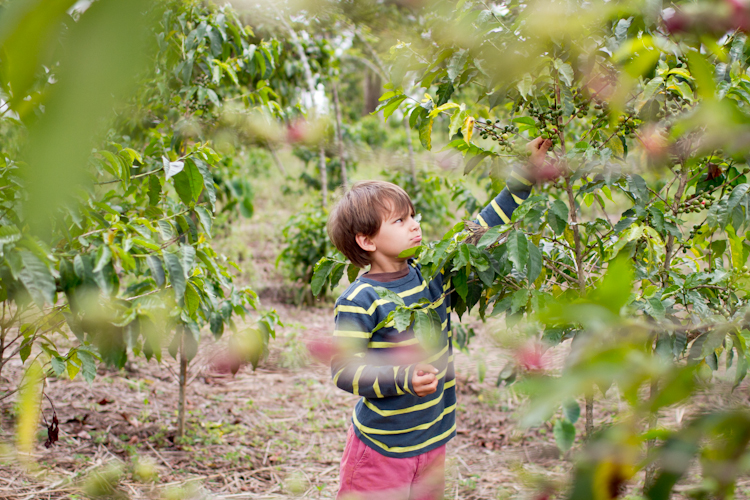
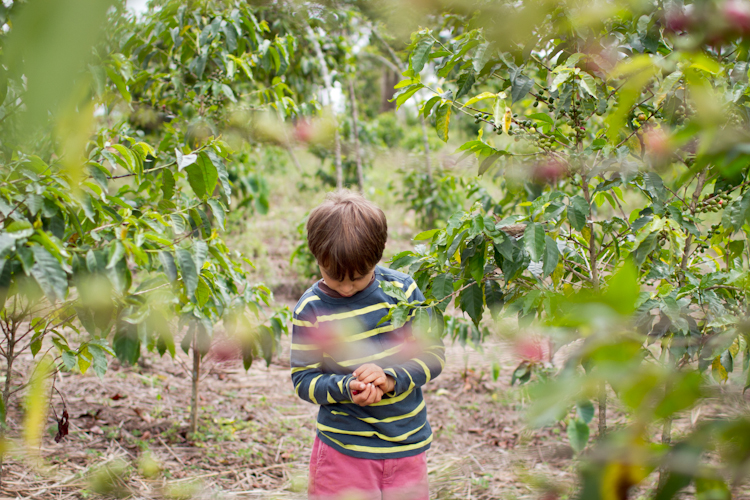
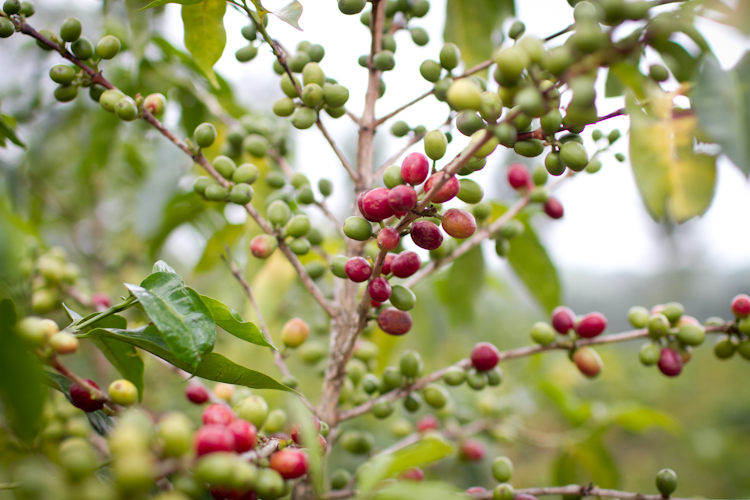
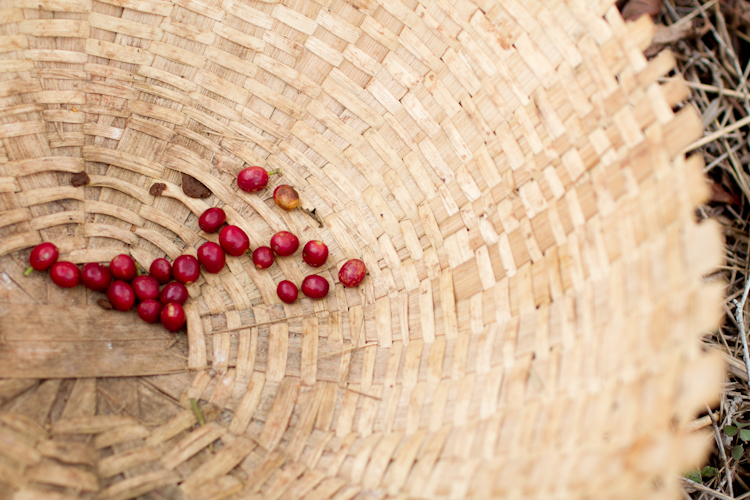
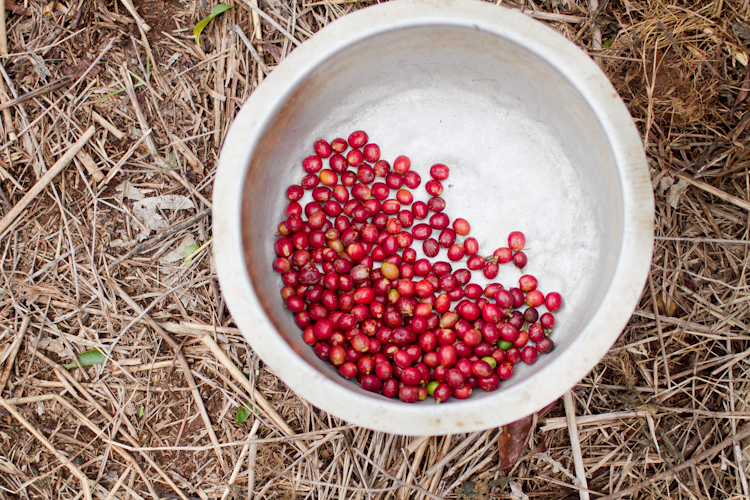
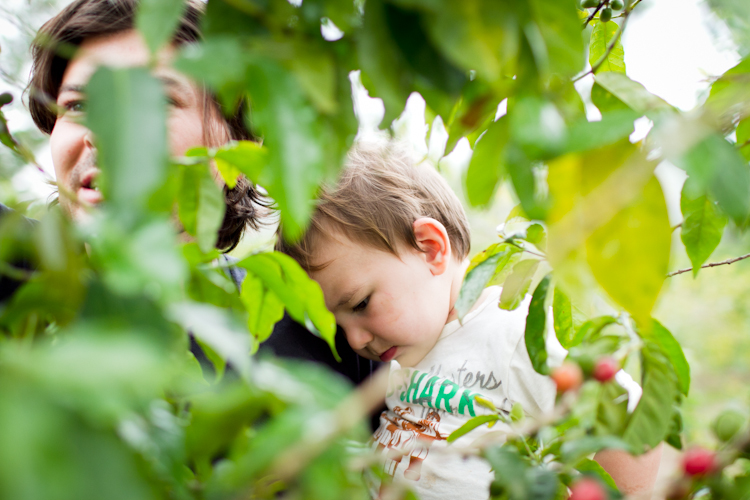
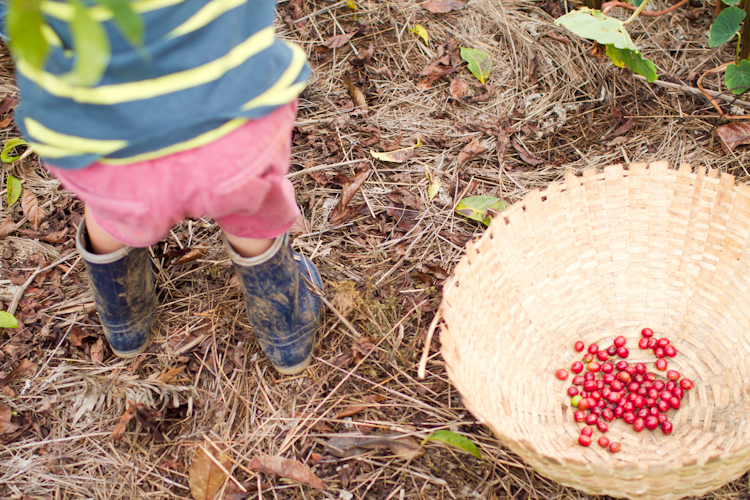
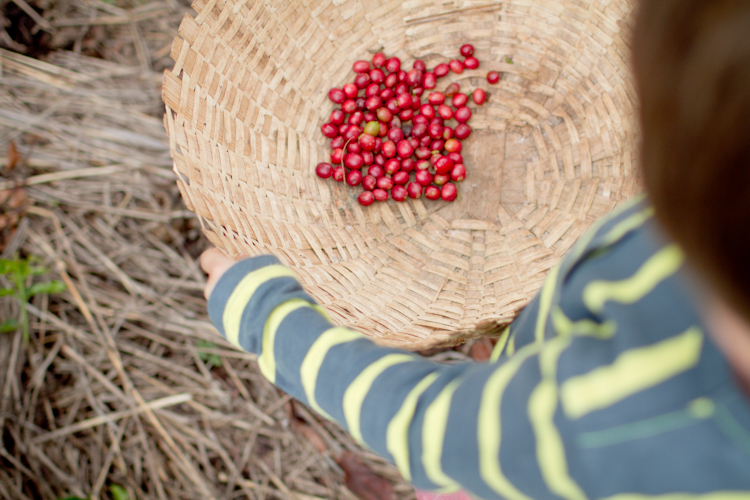 Meanwhile… the amazing cinematographer Sunel filming the picking process. Me with my sassy pants on, caught by Producer Wesley while drying polaroid negatives between the coffee trees. Coffee Guy explaining the picking process for the cameras, while surrounded by kids (some of them his own, most of them not).
Meanwhile… the amazing cinematographer Sunel filming the picking process. Me with my sassy pants on, caught by Producer Wesley while drying polaroid negatives between the coffee trees. Coffee Guy explaining the picking process for the cameras, while surrounded by kids (some of them his own, most of them not).